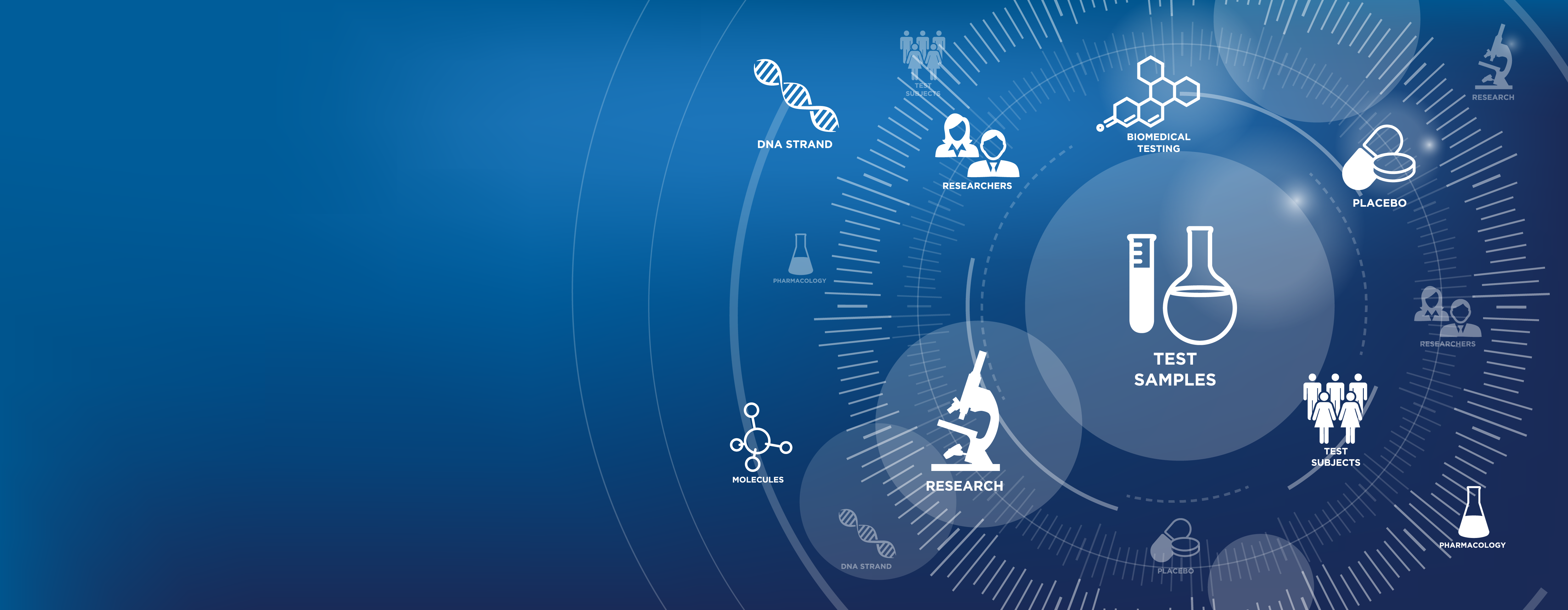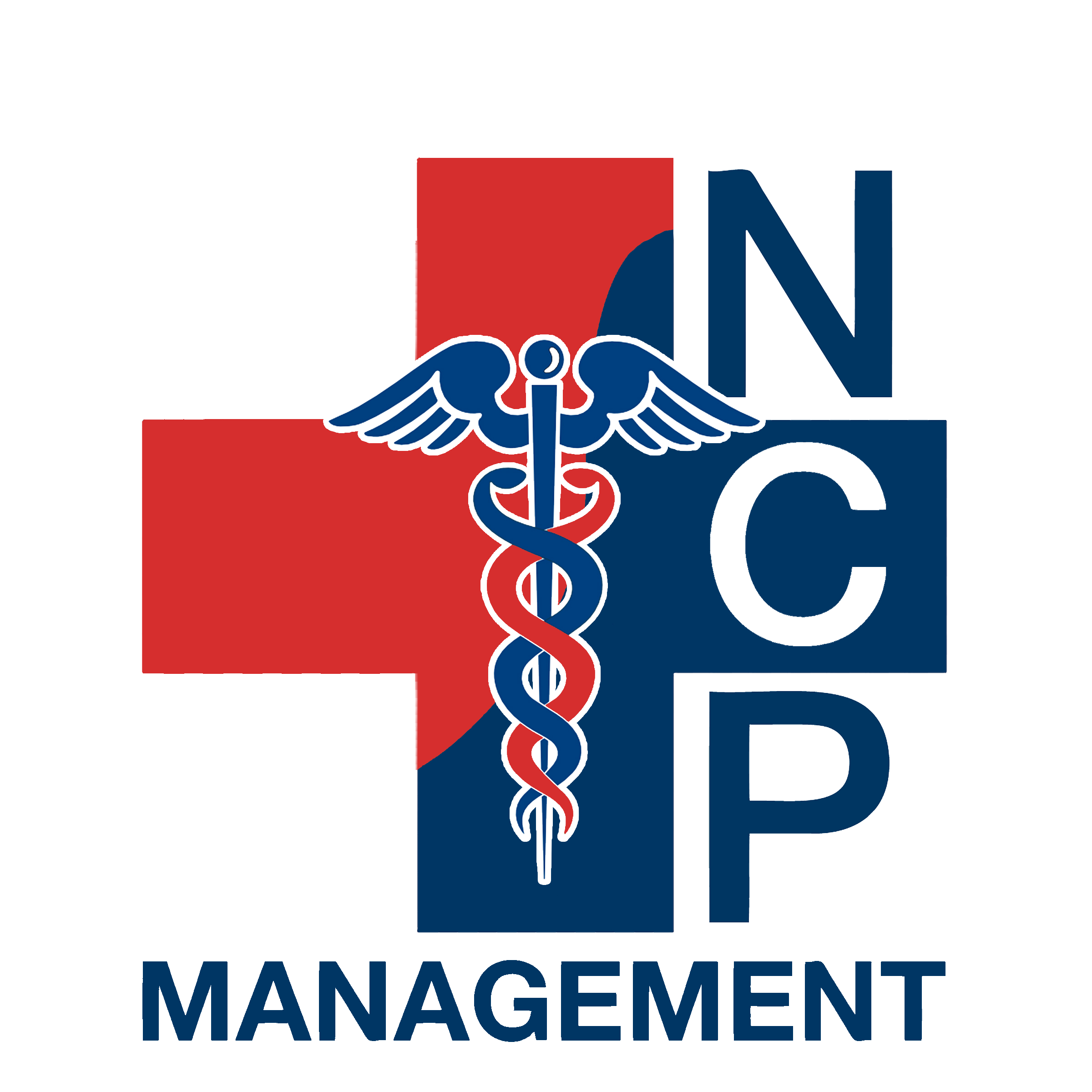
What is clinical research?
Clinical research is advanced clinical care. When a new or better potential treatment option is identified for a serious, untreatable, or orphan disease, clinical research provides the only opportunity to determine the efficacy of a new drug and/or device.
What are the phases of clinical research?
Preclinical/Phase 0:
Mostly involves laboratory and animal studies to determine the safety and efficacy of the new drug and/or device.
Phase I:
First in human studies involving normal healthy volunteers to study the safety of drug and/or device
Phase 2:
Human studies involving patients with indicated disease to study the efficacy of the drug and/or device
Phase 3:
Human studies involving patients with indicated disease to study the efficacy, safety, and dosing of the drug and/or device
Phase 4:
Post-market studies in human to determine long-tern effectiveness and cost effectiveness of the approved drug/device
Is clinical research safe?
Clinical research is a highly safe and an extremely regulated industry. Every pharmaceutical product available today, from early contraceptives back in 1955 to COVID-19 vaccines recently, have gone through the clinical trial pipeline prior to being approved for use. The US Food & Drug Administration (FDA) provides oversight of all activities we perform, and our institutional review board is regularly evaluating studies for safety and ethical concerns. Our research team has the combined experience of decades in the industry that gives us confidence in the safety of what we do.
What is obtaining informed consent in clinical research and why is it important?
Obtaining informed consent in clinical research is the process by which clinical research staff explain the risks and benefits of a study, in a way that fully informs the research subject and/or their guardian. Once the subjects confirm they have received all the information, and have had their concerns addressed, they may sign the informed consent documents to be considered for enrollment in a clinical trial. The importance here is not just safety but to ensure that the research subject is fully aware of their rights so they can act in their best interest.
How do I know if I am eligible for a clinical trial?
Eligibility for clinical trials is determined by our trained staff, and ultimately confirmed by a physician investigator.
I’m interested in clinical research, now what are the next steps?
The next steps are as follows:
- The patient, or a member of our team, identify a study for which the patient could potentially qualify;
- A physician investigator confirms that the patient is in fact eligible;
- The CCRI team member is trained to make the initial determination of a patient’s eligibility for a trial and obtain informed consent;
- CCRI team members will help the patient throughout the life of the study with scheduling, additional questions, traveling to the clinic when necessary, and providing compensation where applicable.
What if I experience a medical emergency while on the trial?
Should you experience a medical emergency, immediately seek medical attention.
The trial is constantly being monitored by multiple members of the CCRI team. If a medical emergency occurs, the physician investigator will make a decision to continue or end the patient’s participation in the trial. A further protection is provided by the institutional review board, who investigate the event to determine if changes need to be made in the protocol and/or the study needs to be halted.
When can I end my participation in a clinical trial?
As a patient in a clinical trial, you are within your rights to withdraw from the trial at any time and for any reason.
Who do I contact if I have questions?
Contact your study team if you have any questions, or feel free to reach out to any member of the CCRI team.
Will a doctor be involved in my care?
At CCRI and the Spring + Heights Hospital System, we take pride in our many highly qualified physicians and healthcare providers. All clinical trials involve a trained physician investigator who will be responsible for the study from the start to its completion.
What benefits are there for participating in clinical research?
One of the most important benefits is the access to new treatments that are still under investigation for untreatable, severe and/or orphan diseases. This can be life changing for patients who have not had success with the treatments currently available.
In many cases, there will be compensation for participating in clinical research.
You as a patient, and society as a whole, benefit from your participation in clinical research. Benefits extend to your loved ones and family members who may also suffer from the same condition now or in the future. The knowledge gained from your participation helps everyone with the condition being treated.
What are my privacy rights, and will my information be protected?
As a research participant and patient, your rights are protected by the Health Insurance Portability and Accountability Act (HIPAA) and further protected by our own internal robust security. All of your information will be stored in a secured manner and de-identified wherever possible for your protection. All the software we use is HIPAA compliant and ensures that your information is being stored safely. Your medical records will never be sold or given over to a third party.
Can inexperienced clinical staff and physicians participate in clinical research?
CCRI has a network of over 100 physician investigators and numerous support staff in our clinical research entity. To continue to enhance their skills related to clinical research, we provide ongoing training, exposure to educational opportunities, and mentoring to members of our team. We have perfected our method of turning research naïve physicians into world class clinical researchers. Even experienced researchers benefit from the leadership and skills training that we provide to all of our team members.
Have Additional Questions?
Feature Title
This is a feature block that you can use to highlight features.
Feature Title
This is a feature block that you can use to highlight features.
Feature Title
This is a feature block that you can use to highlight features.

OUR TEAM

Dr. Qaadri

